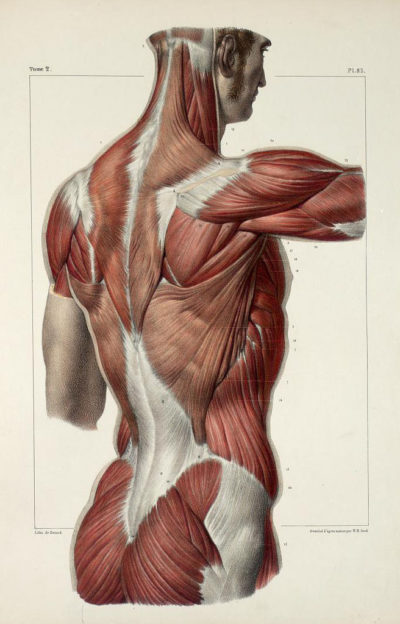
“A river cuts through rock, not because of its power, but because of its persistence.”
– James N. Watkins
Dystonia
Dystonia is a movement disorder in which a person has uncontrollable muscles contractions. The contractions are sustained and cause the affected body part to twist involuntarily, resulting in repetitive movements or abnormal postures. The movements, which are involuntary and sometimes painful, may affect a single muscle; a group of muscles such as those in the arms, legs, or neck; or the entire body.
Key to Links:
Grey text – handout
Red text – another page on this website
Blue text – Journal publication
.
Dystonia
Symptoms of Dystonia
Dystonia can occur at any age, but is often described as either early, or childhood, onset versus adult onset. Early symptoms may include deterioration in handwriting, foot cramps, or a dragging foot after running or walking some distance. Other possible symptoms are tremor and voice or speech difficulties. Adult onset usually begins in the neck and/or face and often progress from intermittent to more frequent or fixed postures.
Sometimes, the neck may turn or pull involuntarily, especially when the person is tired or under stress. Sometimes both eyes might blink rapidly and uncontrollably; other times, spasms will cause the eyes to close. Symptoms may also include tremor or difficulties speaking.
Causes of Dystonia
Most cases of dystonia do not have a specific cause identified. In some cases, dystonia may be related to a problem in the area of the brain that is responsible for initiating muscle contractions, the basal ganglia and are a result of a stroke, trauma or infection..
Treatment of Dystonia:
Currently, there are no medications to prevent dystonia or slow its progression. There are, however, several treatment options that can reduce the symptoms of dystonia,.
Botulinum toxin
Botulinum injections often are the most effective treatment for the focal dystonias. Injections of small amounts of this chemical into affected muscles prevents muscle contractions and can provide temporary improvement in the abnormal postures and movements that characterize dystonia.
Anticholinergic agents
Anticholinergic agents block the effects of the neurotransmitter acetylcholine. Sometimes these medications can be sedating or cause difficulties with memory, especially at higher dosages and in older individuals which can limit their usefulness. Other side effects include dry mouth and constipation.
GABAergic agents
GABAergic agents are drugs that regulate the neurotransmitter GABA. These medications include baclofen and the benzodiazepines such as diazepam, lorazepam and clonazepam. Drowsiness is a common side effect.
Dopaminergic agents
Dopaminergic agents act on the dopamine system and the neurotransmitter dopamine, which helps control muscle movement. Some people benefit from drugs that block the effects of dopamine, such as tetrabenazine but side effects (such as weight gain and involuntary and repetitive muscle movements) can limit their usefulness.
References
Dystonia – Overviews
- dystonia-get-the-facts-on-the-syndrome-and-treatment
- dystonias-information-page-national-institute-of-neurological-disorders-and-stroke
- dystonia-causes-types-symptoms-and-treatments-webmd
Emphasis on Education
Accurate Clinic promotes patient education as the foundation of it’s medical care. In Dr. Ehlenberger’s integrative approach to patient care, including conventional and complementary and alternative medical (CAM) treatments, he may encourage or provide advice about the use of supplements. However, the specifics of choice of supplement, dosing and duration of treatment should be individualized through discussion with Dr. Ehlenberger. The following information and reference articles are presented to provide the reader with some of the latest research to facilitate evidence-based, informed decisions regarding the use of conventional as well as CAM treatments.
For medical-legal reasons, access to these links is limited to patients enrolled in an Accurate Clinic medical program.
Should you wish more information regarding any of the subjects listed – or not listed – here, please contact Dr. Ehlenberger. He has literally thousands of published articles to share on hundreds of topics associated with pain management, weight loss, nutrition, addiction recovery and emergency medicine. It would take years for you to read them, as it did him.
For more information, please contact Accurate Clinic.
Supplements recommended by Dr. Ehlenberger may be purchased commercially online or at Accurate Clinic.
Please read about our statement regarding the sale o
f products recommended by Dr. Ehlenberger.
Accurate Supplement Prices
.
